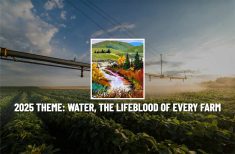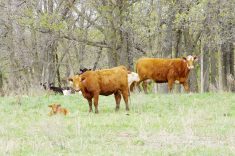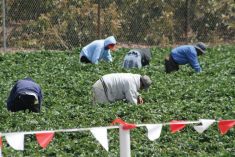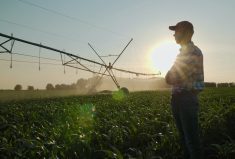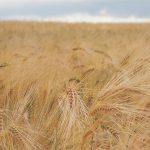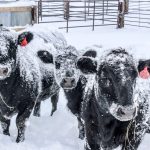There’s a spark of life at an abandoned military base in the heart of the Netherlands’ Food Valley. You see it everywhere you look — in the students living in the dorms and working on the grounds; in the sports hall-turned-dining centre; in the modern offices now housed in the main building.
But it’s only a sign of things to come at the World Food Center in the city of Ede.
“As the second most productive food region in the world, it’s our mission in the Netherlands to feed the planet today and tomorrow,” said Harry Veldhuis from World Food Center Development.
Read Also
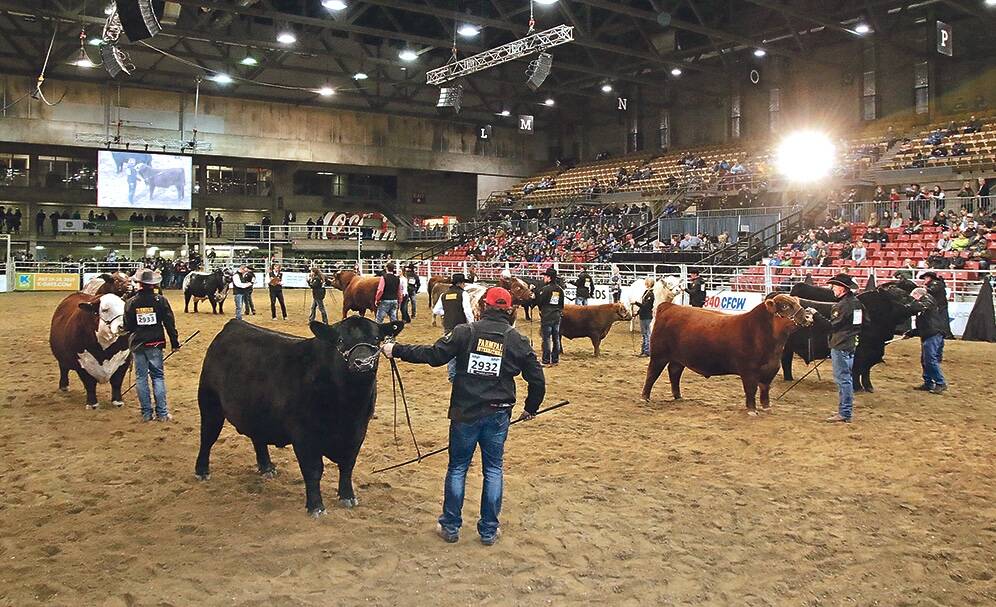
Farmfair International boosts accessibility with weekend schedule shift
Farmfair International is changing its scheduling format to include the weekend and hopefully attract even more attendees.
“The World Food Center provides the right opportunity to tell the powerful story of that mission.”
Set to open in 2022, the agri-food ‘theme park’ will play host to businesses, researchers, farmers, food industry and professionals. But consumers are the special focus and the idea is to invite to share in the experience of food — growing it, eating it, and celebrating it as they learn about where their food comes from.
“We’ll take visitors on a food journey,” said Veldhuis. “When you eat — when you taste, when you smell — something changes inside you. We want to touch the heart of the consumers.”
Located in the Netherlands’ Food Valley — a region in the central Netherlands where international food companies and agri-food research institutions converge — the World Food Center is set to welcome 350,000 visitors annually when it opens in 2022.
Once completed, visitors will have the chance to see how their food is produced, processed, transported, and consumed. It’s the entire value chain in one place, said Leon Meijer, food alderman for the city of Ede, which has a population of just over 100,000.
“We’re trying to develop more public spaces devoted to food,” said Meijer. “It helps people value food again. In a society where people have been driven away from where their food comes from, we need to re-establish the link.”
That’s a key component of the city of Ede’s food policy, which was developed five years ago to build a more robust agri-food sector in the region.
“If you want to be a healthy, thriving city, you need healthy, thriving citizens,” said Meijer.
He described the facility as “an experience centre.”
“You walk in and you experience what food does for your health and what the global food challenges are.”
Once completed, the centre will consist of four parts. In one part people can see how the agri-food industry works. Another will have labs where six universities will conduct research into healthy, sustainable food development. There will also be a 50,000-square-metre business incubator and a facility called the Park, where people can dine, stay, and live.
“When you leave the centre, we want you to say ‘Whoa,’” said Veldhuis. “We want you to tell your neighbour to go to Ede and experience the World Food Center.”
Already, the old military base is being used to house offices for agri-food businesses, food festivals, research projects, and the SmaakPark — or TastePark.
“We’ll have an experience here around local, healthy, but most of all tasty food,” said chef Christian Weij, the food designer behind SmaakPark.
Ten years ago, Weij began to notice that people were starting to ask about their food — how it was prepared but, more importantly, how it was produced. So he came up with an idea that would help them answer all those questions — the SmaakPark.
Located in a 100-year-old military gymnasium, it will be a kind of year-round indoor food festival, where people can come and sample fresh, local foods from vendors, take in culinary workshops, attend events, and see how their food is grown on around two acres of land.
“It’s all about letting people experience different ways of growing and producing things, but this will also be a place where you can come and eat,” said Weij.
“We don’t want to tell people how they should eat or how they should live. We just want to show them how to prepare good food and let them see the difference for themselves.”
That philosophy is the cornerstone of the facility, Veldhuis added.
“Education is a focus of the centre,” he said. “We have to educate our consumers. It’s very important that they know what they eat.”



